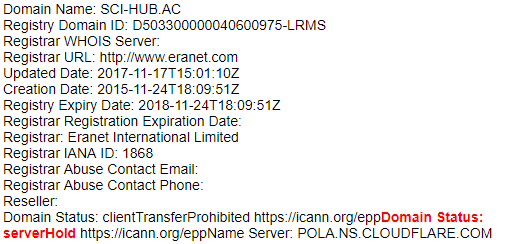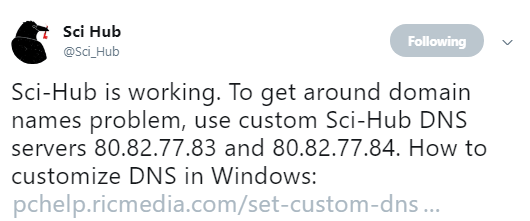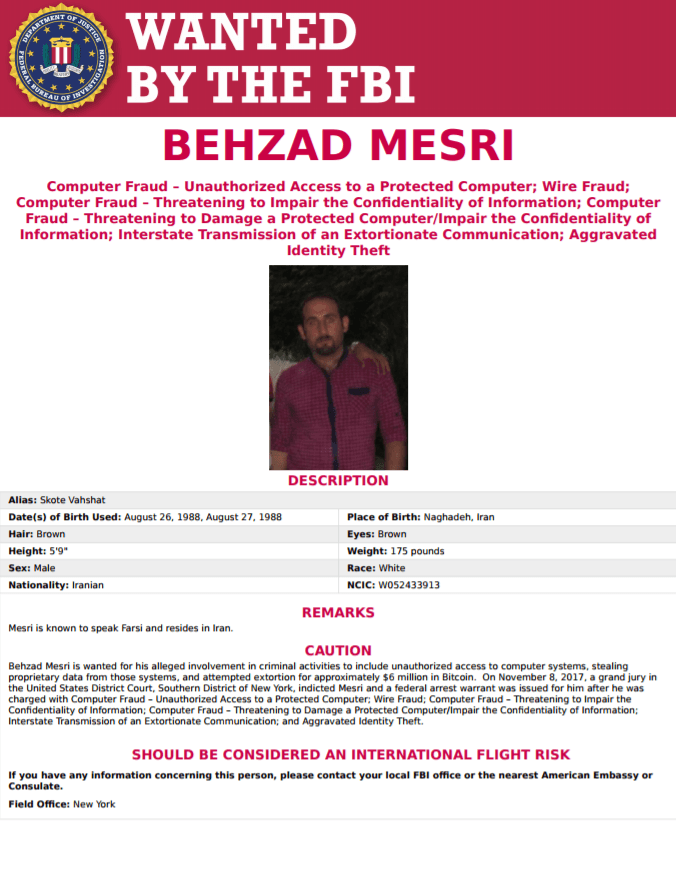 With torrents and other methods of obtaining content simmering away in the background, unauthorized streaming is the now the method of choice for millions of pirates around the globe.
With torrents and other methods of obtaining content simmering away in the background, unauthorized streaming is the now the method of choice for millions of pirates around the globe.
Previously accessible only via a desktop browser, streaming is now available on a wide range of devices, from tablets and phones through to dedicated set-top box. These, collectively, are now being branded Illicit Streaming Devices (ISD) by the entertainment industries.
It’s terminology the UK government’s Intellectual Property Office has adopted this morning. In a new public advisory, the IPO notes that illicit streaming is the watching of content without the copyright owner’s permission using a variety of devices.
“Illicit streaming devices are physical boxes that are connected to your TV or USB sticks that plug into the TV such as adapted Amazon Fire sticks and so called ‘Kodi’ boxes or Android TV boxes,” the IPO reports.
“These devices are legal when used to watch legitimate, free to air, content. They become illegal once they are adapted to stream illicit content, for example TV programmes, films and subscription sports channels without paying the appropriate subscriptions.”
The IPO notes that streaming devices usually need to be loaded with special software add-ons in order to view copyright-infringing content. However, there are now dedicated apps available to view movies and TV shows which can be loaded straight on to smartphones and tablets.
But how can people know if the device they have is an ISD or not? According to the IPO it’s all down to common sense. If people usually charge for the content you’re getting for free, it’s illegal.
“If you are watching television programmes, films or sporting events where you would normally be paying to view them and you have not paid, you are likely to be using an illicit streaming device (ISD) or app. This could include a film recently released in the cinema, a sporting event that is being broadcast by BT Sport or a television programme, like Game of Thrones, that is only available on Sky,” the IPO says.
In an effort to familiarize the public with some of the terminology used by ISD sellers on eBay, Amazon or Gumtree, for example, the IPO then wanders into a bit of a minefield that really needs much greater clarification.
First up, the government states that ISDs are often described online as being “Fully loaded”, which is a colloquial term for a device with addons already installed. Although they won’t all be infringing, it’s very often the case that the majority are intended to be, so no problems here.
However, the IPO then says that people should keep an eye out for the term ‘jail broken’, which many readers will understand to be the process some hardware devices, such as Apple products, are put through in order for third-party software to be run on them. On occasion, some ISD sellers do put this term on Android devices, for example, but it’s incorrect, in a tiny minority, and of course misleading.
The IPO also warns people against devices marketed as “Plug and Play” but again this is a dual-use term and shouldn’t put consumers off a purchase without a proper investigation. A search on eBay this morning for that exact term didn’t yield any ISDs at all, only games consoles that can be plugged in and played with a minimum of fuss.
“Subscription Gift”, on the other hand, almost certainly references an illicit IPTV or satellite card-sharing subscription and is rarely used for anything else. 100% illegal, no doubt.
The government continues by giving reasons why people should avoid ISDs, not least since their use deprives the content industries of valuable revenue.
“[The creative industries] provide employment for more than 1.9 million people and contributes £84.1 billion to our economy. Using illicit streaming devices is illegal,” the IPO writes.
“If you are not paying for this content you are depriving industry of the revenue it needs to fund the next generation of TV programmes, films and sporting events we all enjoy. Instead it provides funds for the organized criminals who sell or adapt these illicit devices.”
Then, in keeping with the danger-based narrative employed by the entertainment industries’ recently, the government also warns that ISDs can have a negative effect on child welfare, not to mention on physical safety in the home.
“These devices often lack parental controls. Using them could expose children or young people to explicit or age inappropriate content,” the IPO warns.
“Another important reason for consumers to avoid purchasing these streaming devices is from an electrical safety point of view. Where devices and their power cables have been tested, some have failed EU safety standards and have the potential to present a real danger to the public, causing a fire in your home or premises.”
While there can be no doubt whatsoever that failing EU electrical standards in any way is unacceptable for any device, the recent headlines stating that “Kodi Boxes Can Kill Their Owners” are sensational at best and don’t present the full picture.
As reported this weekend, simply not having a recognized branding on such devices means that they fail electrical standards, with non-genuine phone chargers presenting a greater risk around the UK.
Finally, the government offers some advice for people who either want to get off the ISD gravy train or ensure that others don’t benefit from it.
“These devices can be used legally by removing the software. If you are unsure get advice to help you use the device legally. If you wish to watch content that’s only available via subscription, such as sports, you should approach the relevant provider to find out about legal ways to watch,” the IPO advises.
“Get it Right from a Genuine Site helps you get the music, TV, films, games, books, newspapers, magazines and sport that you love from genuine services.”
And, if the public thinks that people selling such devices deserve a visit from the authorities, people are asked to report them to the Crimestoppers charity via an anonymous hotline.
The government’s guidance is exactly what one might expect, given that the advisory is likely to have been strongly assisted by companies including the Federation Against Copyright Theft, Premier League, and Sky, who have taken the lead in this area during the past year or so.
The big question is, however, whether many people using these devices really believe that obtaining subscription TV, movies, and sports for next to free is 100% legal. If there are people out there they must be in the minority but at least the government itself is now putting them on the right path.
Source: TF, for the latest info on copyright, file-sharing, torrent sites and more. We also have VPN discounts, offers and coupons

 While Sci-Hub is praised by thousands of researchers and academics around the world, copyright holders are doing everything in their power to wipe the site from the web.
While Sci-Hub is praised by thousands of researchers and academics around the world, copyright holders are doing everything in their power to wipe the site from the web.




 Late July, President Vladimir Putin
Late July, President Vladimir Putin  Pirate streaming boxes are all the rage this year. Not just among the dozens of millions of users, they are on top of the anti-piracy agenda as well.
Pirate streaming boxes are all the rage this year. Not just among the dozens of millions of users, they are on top of the anti-piracy agenda as well.